 50 years young, Cara Friend is celebrating its half century in style. The bastion of hope and support for so many, during the time of repression, persecution and at times physical attacks for the LGBTQI+ community, Cara Friend is remembering its beginnings and looking forward to its future.
50 years young, Cara Friend is celebrating its half century in style. The bastion of hope and support for so many, during the time of repression, persecution and at times physical attacks for the LGBTQI+ community, Cara Friend is remembering its beginnings and looking forward to its future.
Northern Ireland, in many ways, has always been reluctant to move forward with change. In 1967, the Sexual Offences Act decriminalised sexual activity between men over 21 in private in England and Wales; it did not apply to the Armed Forces, Merchant Navy or Scotland (later decriminalised on February 1st 1981), the Channel Islands, or the Isle of Man.
But, Northern Ireland didn’t see change until 1982 with the Homosexual Offences (Northern Ireland) Order, which legalised homosexual acts between consenting adults. This change was brought about through the result of the Dudgeon v United Kingdom government case, which was the first successful case brought before the European Court of Human Rights (ECHR) on the criminalisation of male homosexuality.
This trial was supported by NIGRA (Northern Ireland Gay Rights Association), the 1974 Committee, and Cara Friend, along with many other organisations andprivate individuals.
During April 2025, there have been several events celebrating Cara Friends’ half century of excellence:
- A photographic exhibition of volunteers was launched and then put on display in the Linen Hall Library (which is very supportive of our community). This was brought about through funding from The National Lottery Heritage Fund NI (and again, others, too many to list here – see back of the wonderful booklet “Dear Friend, The History of Cara-Friend 1974-2000”). The launch took place at a private showing for Cara Friend’s befrienders and selected guests on the evening of February 3, 2025, with the general public able to access it from February 4 to February 28, 2025. This exhibition of 21 exquisite portraits explores the experiences of Cara-Friend volunteers, including those who founded the charity and guided it through the 1970s and 1980s.
- On the 12th February, a panel of four befriender originators of Cara Friend was held in the Linen Hall Library from 1=2pm. It was very well attended (and honest, no one fell asleep).
- A wonderful booklet, as mentioned above, “Dear Friend, The History of Cara-Friend 1974-2000”, researched and produced by Michael Lawrence as part of a six-month internship with CF from Queen’s University.
It is anticipated that the exhibition will travel to various Northern Ireland and UK venues, and will also be on show at Kent State University, USA.
The thanks of everyone involved in the project (befrienders, volunteers) are also given to photographer Timothy O’Connell and oral historian Dr. Molly Merryman. Many thanks also to the team at the Queer NI – Sexuality Before Liberation Project (funded by the AHRC, AH/V008404/1), including Dr. Charlie Lynch, for their support throughout the project.
- Founding Cara-Friend Panel Discussion
- Cara Friend
- PRONI
- Queen’s University – Cara-Friend Annual Reports 1971-2005
- ‘Gay people were living in fear’ – play marks 50 years of helpline
- Professor Molly Merryman, Ph.D., associate professor in Kent State University’s School of Peace and Conflict Studies
- NIGRA Communications Forum
- Founding Cara-Friend

































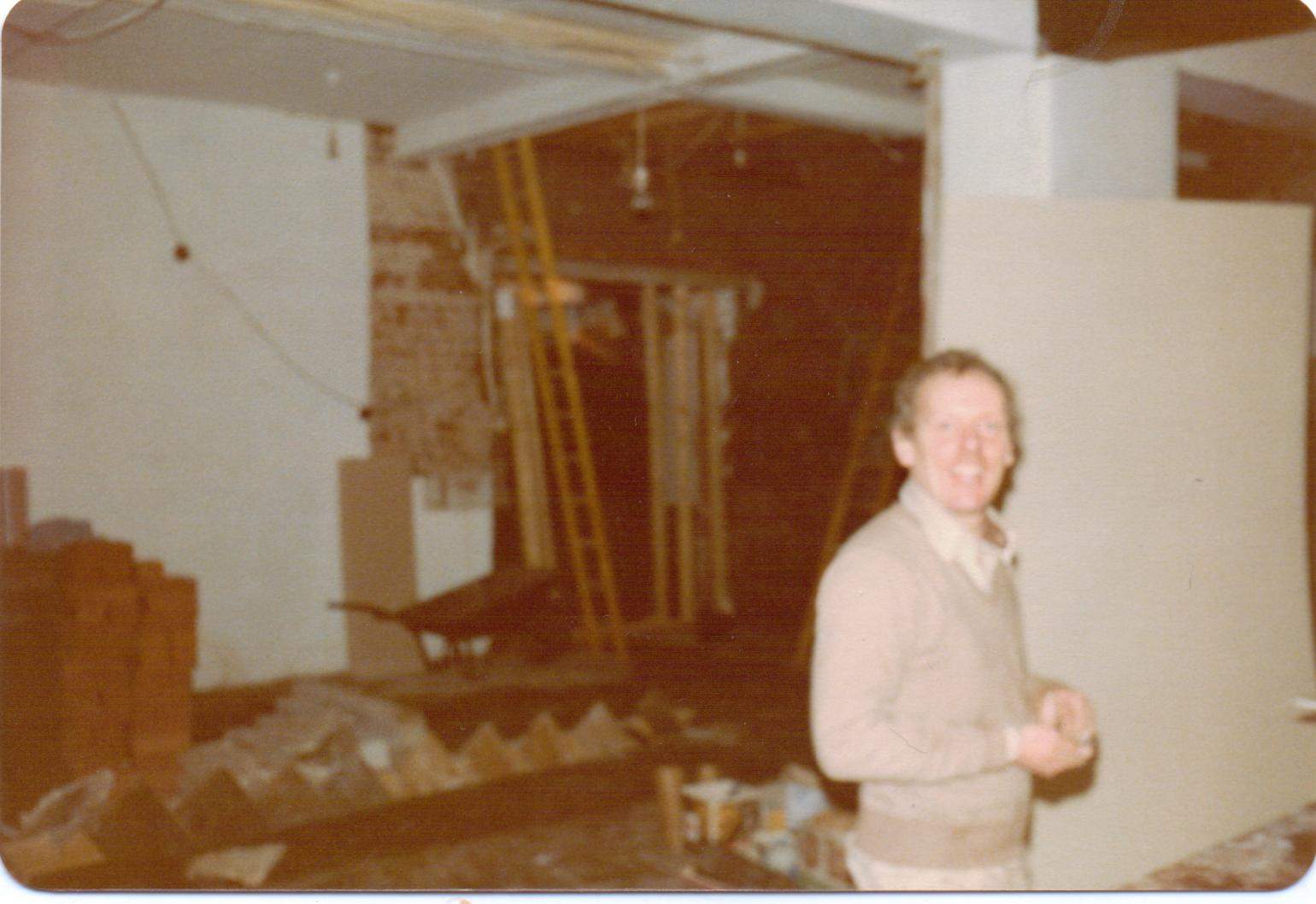
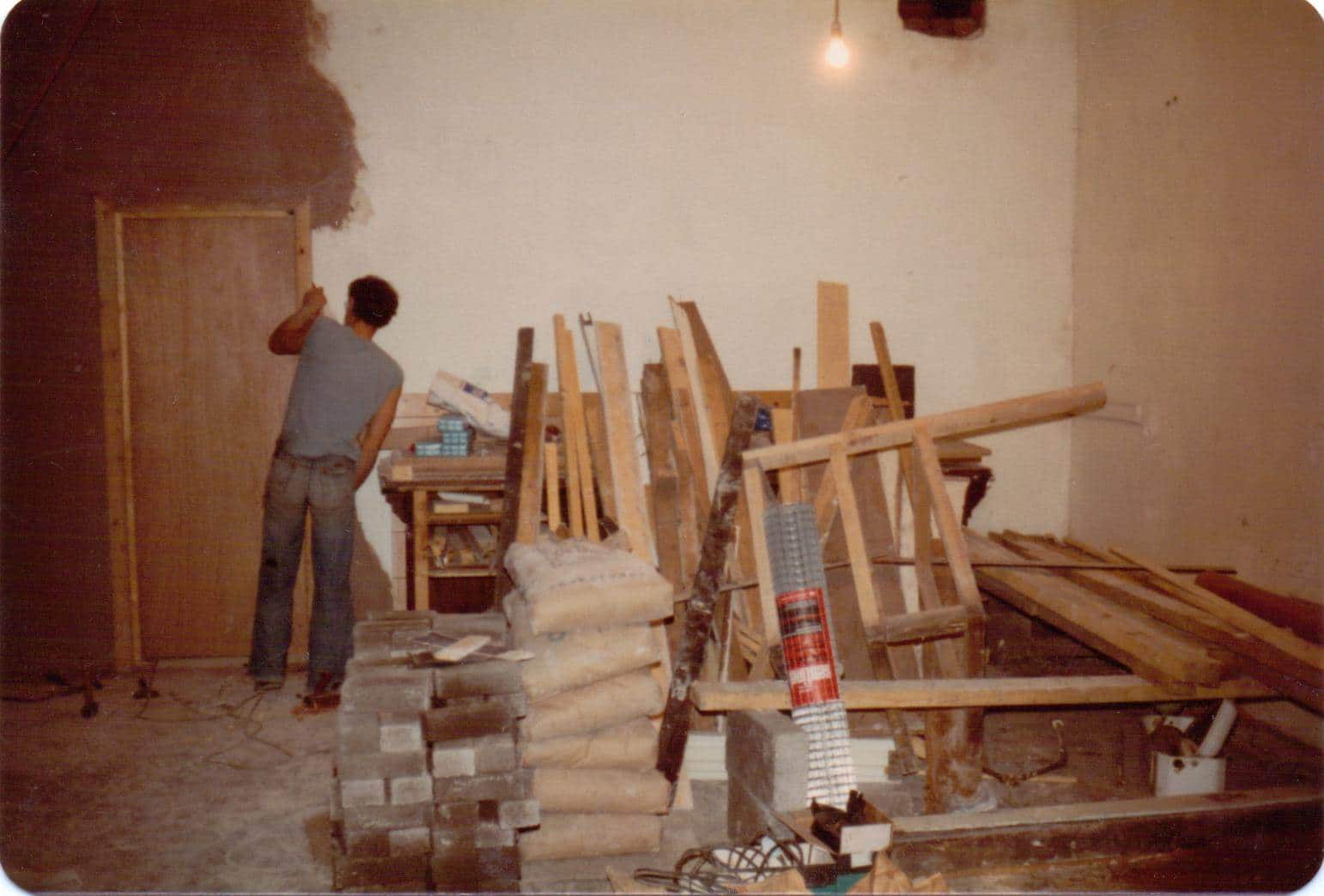


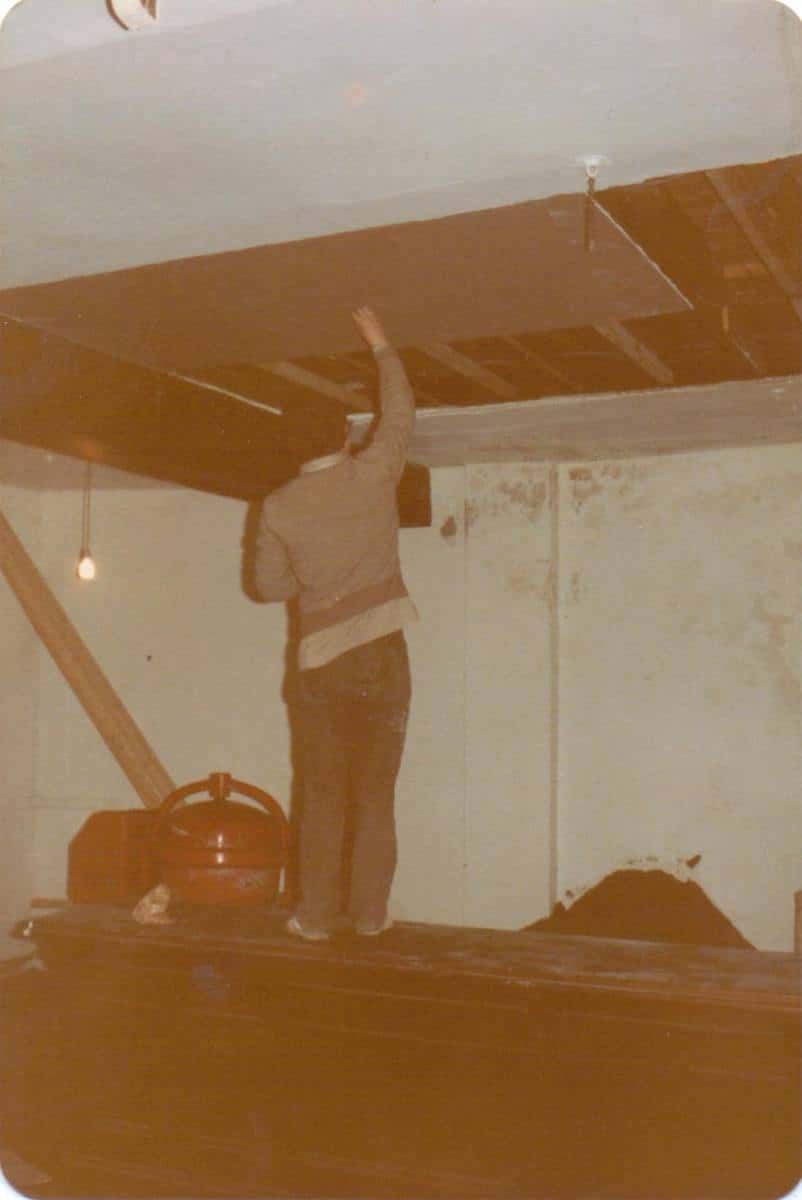
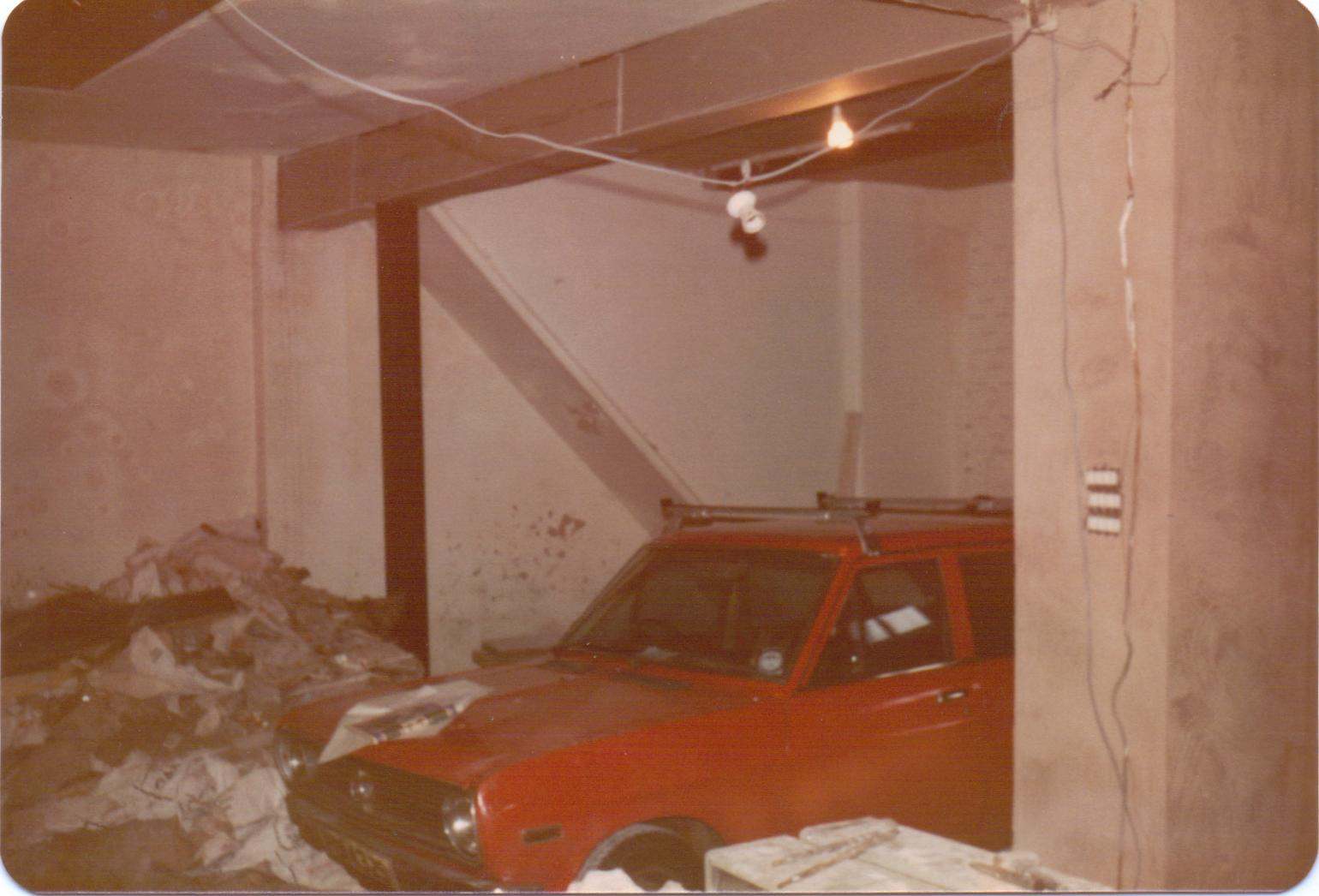

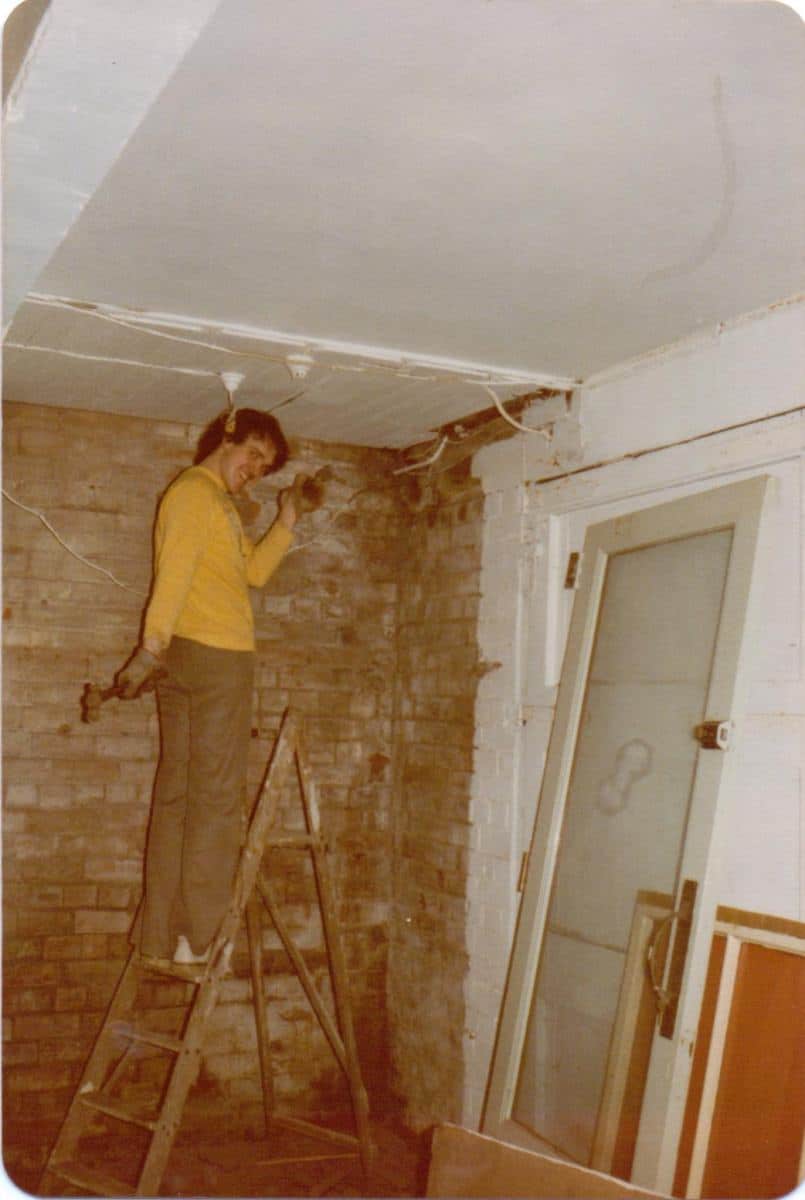









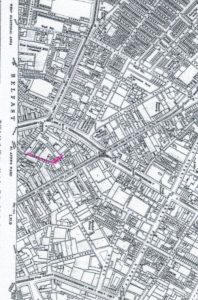


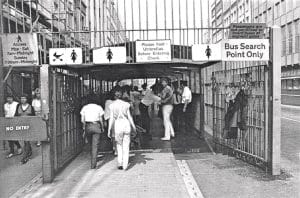


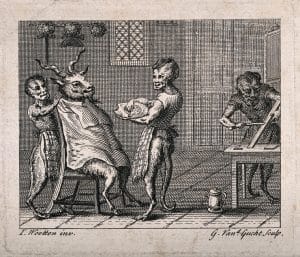







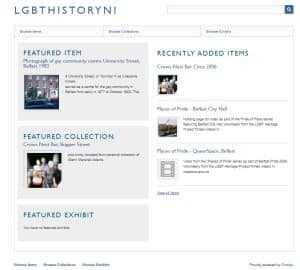

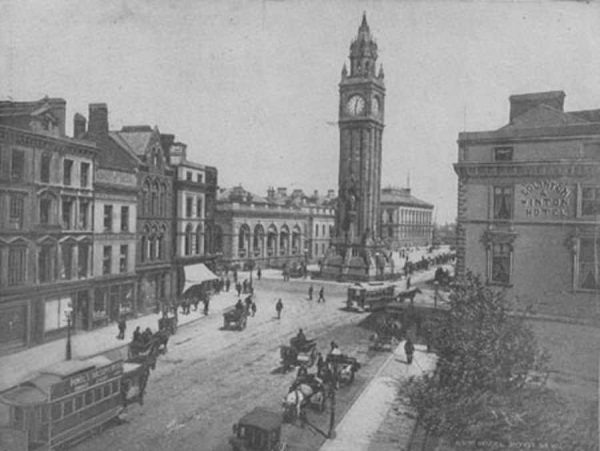

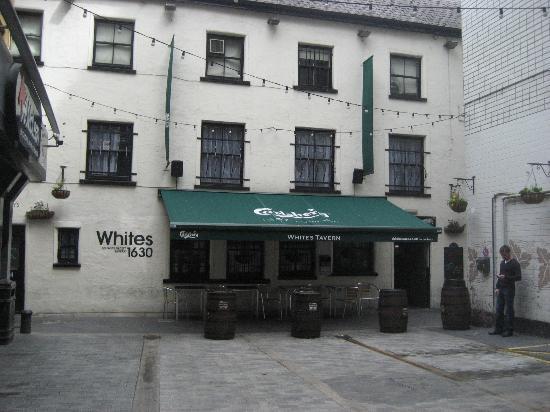


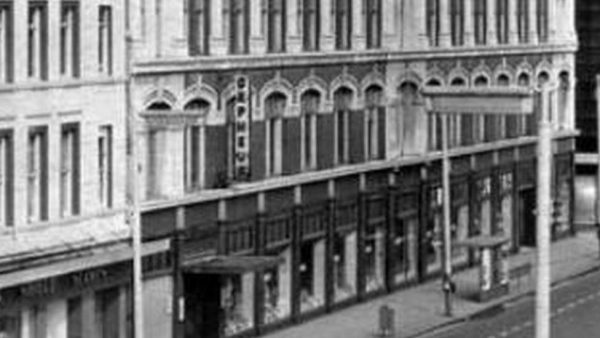

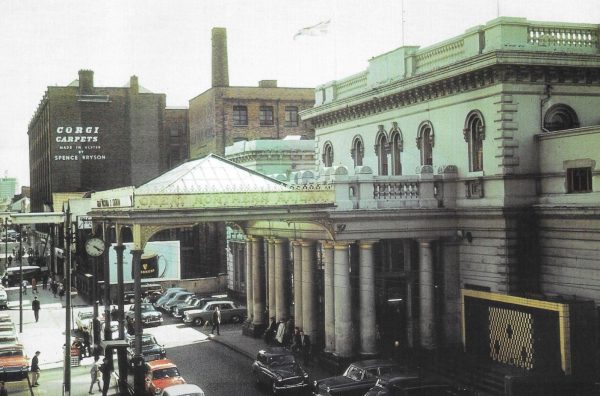
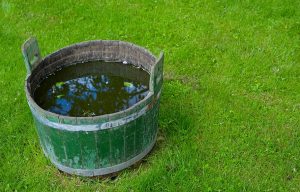 coloured punch which looked hideous but turned out to have a lovely taste but horrible hangover. I missed her when she moved to London, and now miss her even more as I can never hear her infectious laugher again.
coloured punch which looked hideous but turned out to have a lovely taste but horrible hangover. I missed her when she moved to London, and now miss her even more as I can never hear her infectious laugher again. Coming to Power: Writings and Graphics on Lesbian S/M
Coming to Power: Writings and Graphics on Lesbian S/M